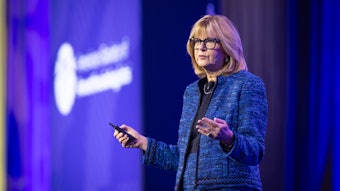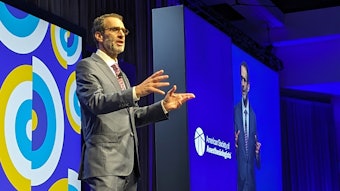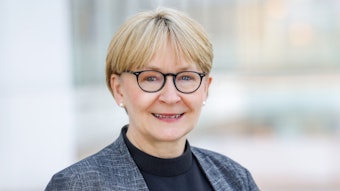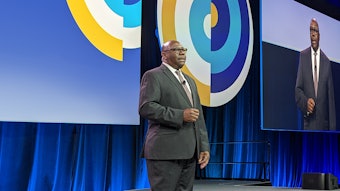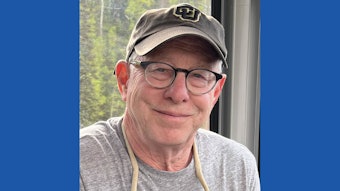ASA, ACS partner for equitable payment models
Legal misinterpretation threatens communities everywhere
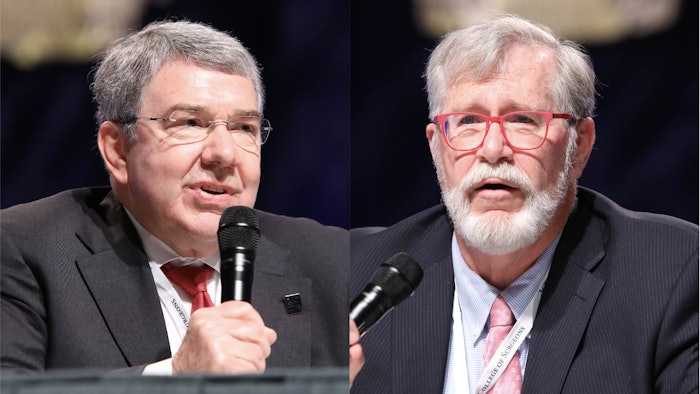
PN239 – When 1+1 Can Equal 3: How ASA and ACS Can Work Together to Address Our Challenges With Medicare and Private Pay
Sunday, October 23 | 4-5 p.m.
Rivergate Room
Private and government physician payment models in the U.S. have long been in need of repair. Sadly, it’s getting worse, and it will take a unified effort to raise awareness and chart a path for change.
The first step in this journey might well be the conversation and collaboration between ASA and the American College of Surgeons (ACS). The two organizations are developing strategies to help mitigate near-term Medicare cuts and address long-term approaches to payment. Notably, ASA recently joined with the ACS and other surgical subspecialty societies as part of the Surgical Care Coalition, which is mounting an aggressive public relations campaign to educate policymakers on the value of surgical and anesthesia services and the need for proper payment. That initiative and a look at those broken payment models will be the focus of the Sunday session “When 1+1 Can Equal 3: How ASA and ACS Can Work Together to Address Our Challenges With Medicare and Private Pay.” Outgoing ASA President Randall M. Clark, MD, FASA, will moderate the session.
“Forces in different areas have driven inflation-adjusted payment to anesthesiologists to an all-time low,” said ASA President-Elect Michael W. Champeau, MD, FASA, Adjunct Clinical Professor of Anesthesiology, Perioperative and Pain Medicine at Stanford University and President of Associated Anesthesiologists Medical Group, both in Palo Alto, California.
For the past 30 years, anesthesiologists have relied on the payment from commercial insurance providers to offset Medicare’s low rates of reimbursement. Fifteen years ago, Medicare payment rates for anesthesia services totaled just 33% of commercial insurance payment rates – a far lower percentage than other specialties’ payment rates. Today, that rate has dropped to 26%. And with the introduction of the No Surprises Act (NSA), the U.S. government’s ban on out-of-network medical billing, anesthesiologists are concerned over health insurance companies’ manipulation of the legislation.
The law, as written by Congress, provided for a fair adjudication of disputes between out-of-network physicians and insurance companies. “The problem has been in the implementation of the law,” Dr. Champeau said. “We believe private insurance companies have deviated from congressional intent, and health care providers are paying the price for that difference.”
ASA and ACS are committed to protecting patients from paying the difference between in-network and out-of-network costs, Dr. Champeau said. The U.S. Ways and Means Committee is looking into this, as many physicians have reported receiving letters from insurance companies “leveraging the law to pay you less,” said Dr. Champeau, who will be joined by speaker Jonathan Gal, MD, MBA, MS, FASA, who is chair of the ASA Committee on Economcs, and System Medical Director, Facility Revenue Integrity and Optimization for Mount Sinai Health System in New York City.
ACS Medical Director Frank G. Opelka, MD, FACS, will join Dr. Champeau and Dr. Gal at Sunday’s session to express his members’ concern over this issue. According to Dr. Opelka, the NSA is a symptom or consequence of a greater problem – that the fee-for-service (FFS) payment system no longer fits as a business model for complex and complicated care. It is failing and needs an alternative, he says. Dr. Opelka suggests that payment models should be episode-based or population-based. In either instance, it is important to realize that care is team-based, he said, not a long list of individual services.
“The miracles of modern surgical care arise from the team working with the patient to meet their expectations. We are devaluing medicine and the miracles we create daily so that insurers can downplay our value as a team and reduce our overall payments,” Dr. Opelka said. “The impact of devaluing our services is not just monetary; it is a cause of burnout and impacts professionalism and self-respect.”
The session will focus on building awareness of these issues, what the physician can do to facilitate payment under the No Surprises Act, and other valuable information.
“The system is clinically amazing, the teams are incredible, but the business model no longer meets the care model. So, when business experiments such as NSA and price transparency dabble in the old ways of fee for service, the unintended consequences will be significant,” Dr. Opelka said. “We need new models that step over these arcane concepts and value the surgical team and all her miraculous assets.”
Visit Annual Meeting Daily News for more articles.
